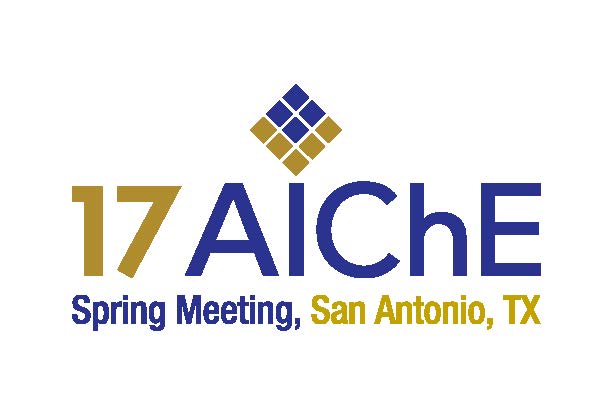

Blowdown or depressuring modeling is a critical activity in the design of high pressure vessels. Under emergency conditions, as the vessel is emptied, the temperature of the vessel wall may go below the safe operating point, which can lead to failure of the mechanical integrity of the vessel. This can lead to other safety or environment issues. The typical depressuring study performed with a process simulation model is limited in accuracy by the underlying assumptions made in developing the fundamental algorithm. These limitations are generally well known and as such a large “safety margin†is applied to the results to help ensure that the vessels are designed properly. Recent developments by Honeywell (and others) have made significant improvements to the accuracy and detail of the correlations and have eliminated the simplified assumptions that exist in the legacy models. In this presentation, through various real-world examples, the weaknesses of the legacy models will be shown and the capabilities of the new tool will be described. The model results will be aligned with real data to validate the accuracy of the model.
Presenter(s)
Once the content has been viewed and you have attested to it, you will be able to download and print a certificate for PDH credits.
If you have already viewed this content,
please click here
to login.
Language
Pricing
Individuals
| AIChE Member Credits | 0.5 |
| AIChE Pro Members | $19.00 |
| Fuels and Petrochemicals Division Members | Free |
| AIChE Graduate Student Members | Free |
| AIChE Undergraduate Student Members | Free |
| AIChE Explorer Members | $29.00 |
| Non-Members | $29.00 |
